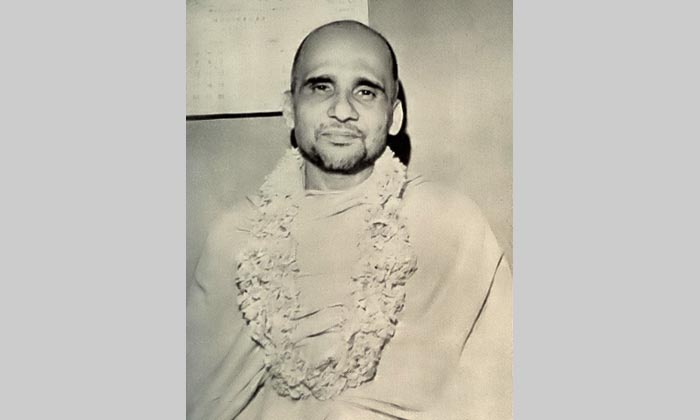The Individual Nature : 5.
5.
There are certain minor instincts which are less powerful than those of self-preservation and self-reproduction, but which, nevertheless, exert a great influence on the personality and subject it to involuntary actions. The self-assertive instinct is one among these.
This instinct is meant either to compensate for one's sense of inferiority, or to preserve one's thwarted power, importance and distinction (many times merely imagined), or to expand one's ego by adding to it qualifications from outside (though this addition is purely artificial). It is the inherent tendency to preserve the complex of one's psycho-physical organism.
The gregarious instinct is another, which manifests itself in love of company of the group to which one 'belongs'. This is the instinct of identification of the group with one's self. Metaphysically, this appears to be an unconscious expression of one's love for one's larger social self or organism which comprises the individuals within it.
But this love ceases to be a virtue when one is unconscious of the existence of such a larger self, and is merely goaded to love society independently of one's understanding and will. The protective or the parental instinct expresses itself in the biological attraction of the physical organism (influencing the mind, of course) to its own 'other self'.
This attraction ceases when its purpose, viz., protection of the offspring, is fulfilled. Parental love is one of the manifestations of the biological nature of the individual affiliated to the purpose of the propagation of the individuals of the species.
All urges, it is suggested, are ultimately a symptom of spirit calling spirit, under the cloak of outward bondage to forms, objects, notions and actions.
Swami Krishnananda.





Comments
Post a Comment